Indigenous Governance Database
capable governing institutions
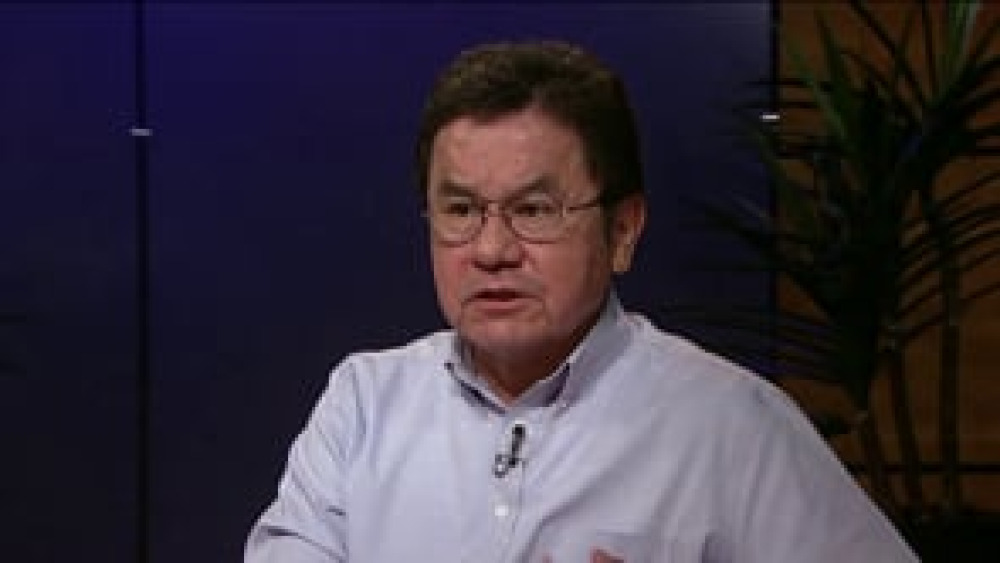
NNI Indigenous Leadership Fellow: John Petoskey (Part 2)
In the second of two interviews conducted in conjunction with his tenure as NNI Indigenous Leadership Fellow, John Petoskey, citizen and long-time General Counsel of the Grand Traverse Band of Ottawa and Chippewa Indians (GTB), discusses the legal doctrine of tribal sovereign immunity and the…

Eldena Bear Don't Walk: So What's So Important about Tribal Courts?
Eldena Bear Don't Walk, Chief Justice of the Confederated Salish and Kootenai Tribes, discusses some of the things that tribal justice systems need to have in place in order to be effective, and how important it is for Native nation governments and citizens to respect and support the decisions…
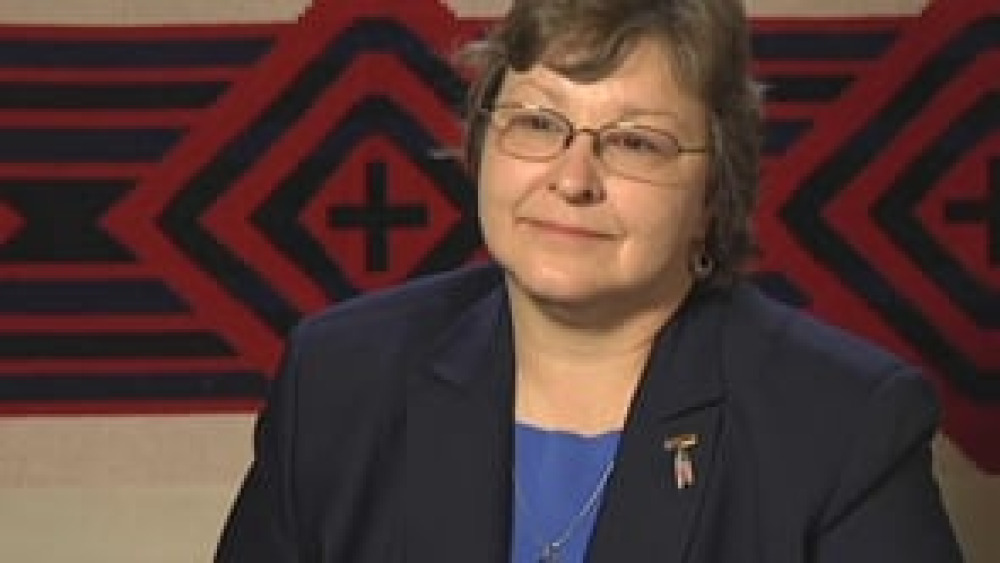
Karen Diver: Nation Building Through the Cultivation of Capable People and Governing Institutions
In this informative interview with NNI's Ian Record, Chairwoman Karen Diver of the Fond du Lac Band of Lake Superior Chippewa discusses the critical importance of Native nations' systematic development of its governing institutions and human resource ability to their ability to exercise sovereignty…
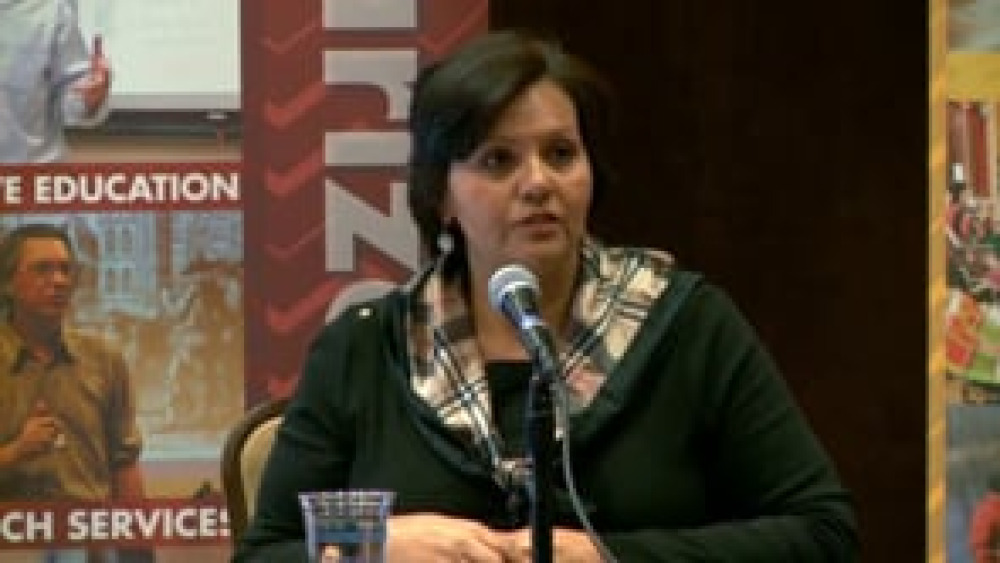
Rae Nell Vaughn: So What's So Important About Tribal Courts?
Rae Nell Vaughn, former Chief Justice of the Mississippi Choctaw Supreme Court, discusses how justice systems are critical to Native nations' exercise of sovereignty, and sets out some key things that those systems need to have in place in order to administer justice fairly and effectively on…
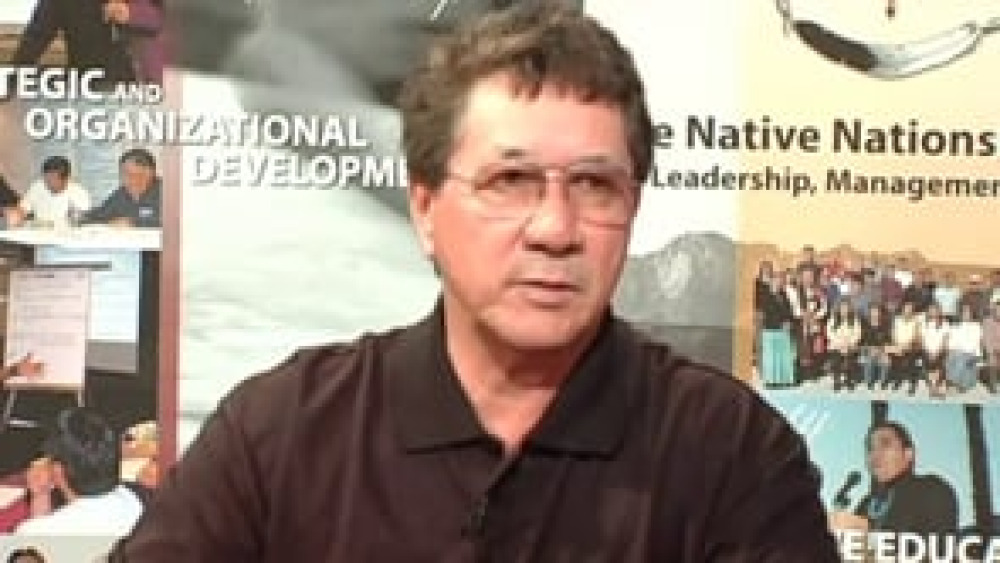
NNI Indigenous Leadership Fellow: Michael Kanentakeron Mitchell (Part 2)
In part two of his Indigenous Leadership Fellow interview, Grand Chief Michael Mitchell of the Mohawk Council of Akwesasne touches on a wide range of nation-building topics, notably the importance of clearly defining the distinct roles and responsibilities of leaders and administrators working on…

Rae Nell Vaughn: Tribal Court Systems in the 21st Century: The Choctaw Tribal Court System
Former Chief Justice of the Mississippi Choctaw Supreme Court Rae Nell Vaughn provides a detailed overview of the growth and evolution of the Mississippi Choctaw's governance system and specifically its justice system, stressing the importance of Native nations providing a fair, effective,…
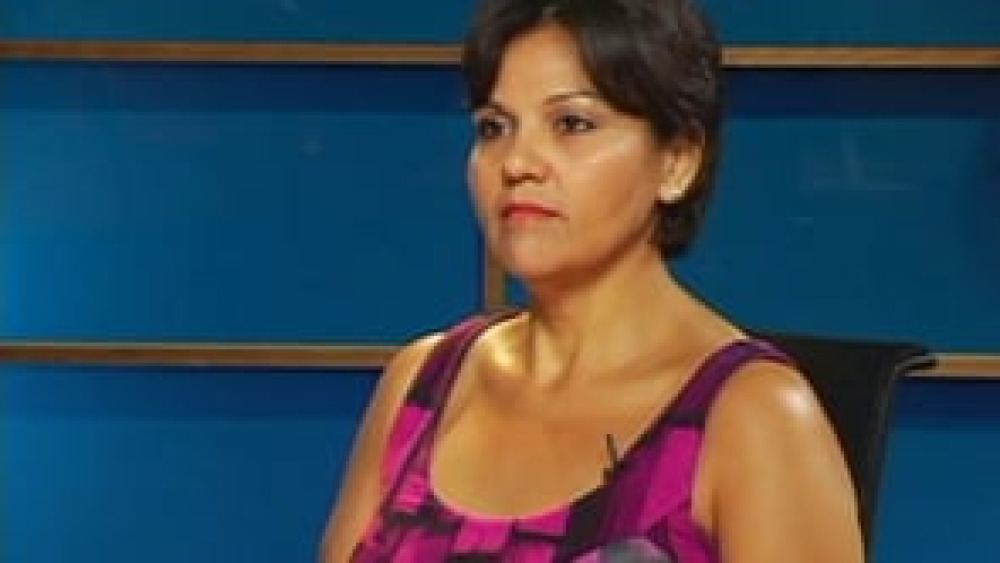
NNI Indigenous Leadership Fellow: Rae Nell Vaughn (Part 1)
Rae Nell Vaughn, former Chief Justice of the Mississippi Choctaw Supreme Court, discusses the critical role that justice systems play in the rebuilding of Native nations and shares how the Mississippi Band of Choctaw Indians has worked to develop its justice system to reflect and promote its…
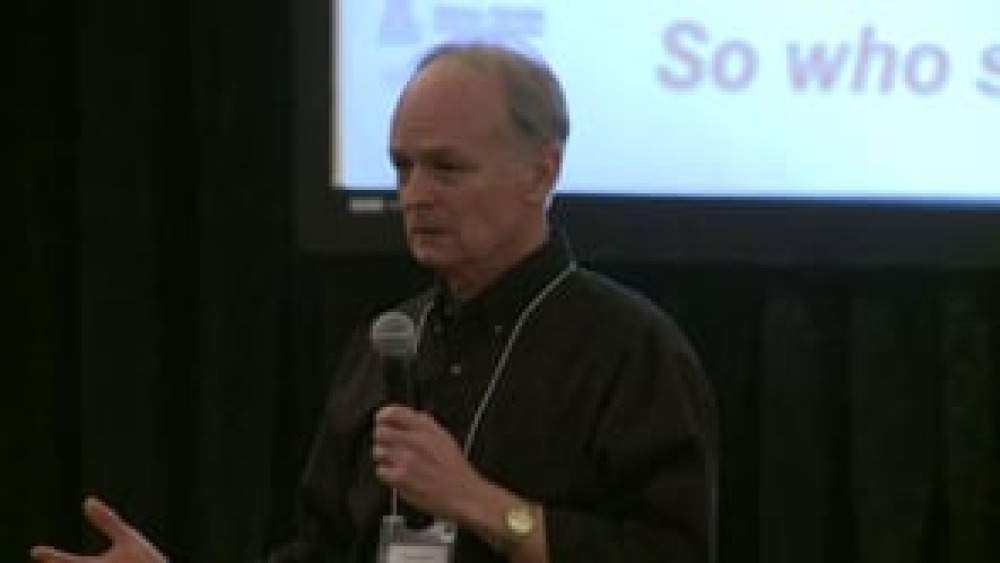
Stephen Cornell: The Task of Reclaiming Self-Governance (Presentation Highlight)
In this highlight from the presentation "Key Things a Constitution Should Address: 'Who Has Responsibility for What?'," NNI's Stephen Cornell provides an overview of the fundamental questions that Native nations must ask themselves as they reclaim control over and then redesign their governance…
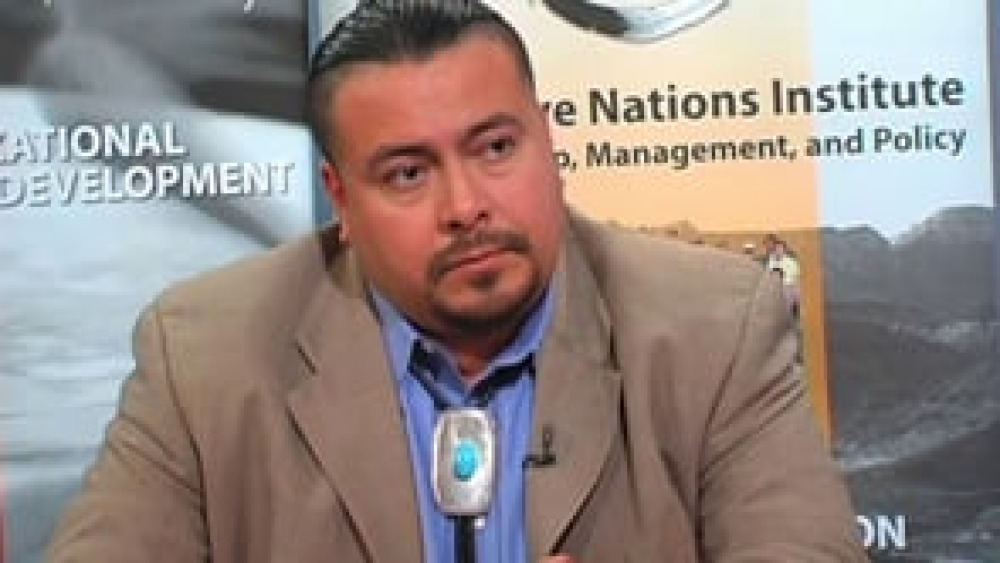
NNI Indigenous Leadership Fellow: Jamie Fullmer (Part 1)
Jamie Fullmer, former chairman of the Yavapai-Apache Nation, discusses the importance of the development of capable governing institutions to Native nations' exercise of sovereignty, and provides an overview of the steps that he and his leadership colleagues took to develop those institutions…
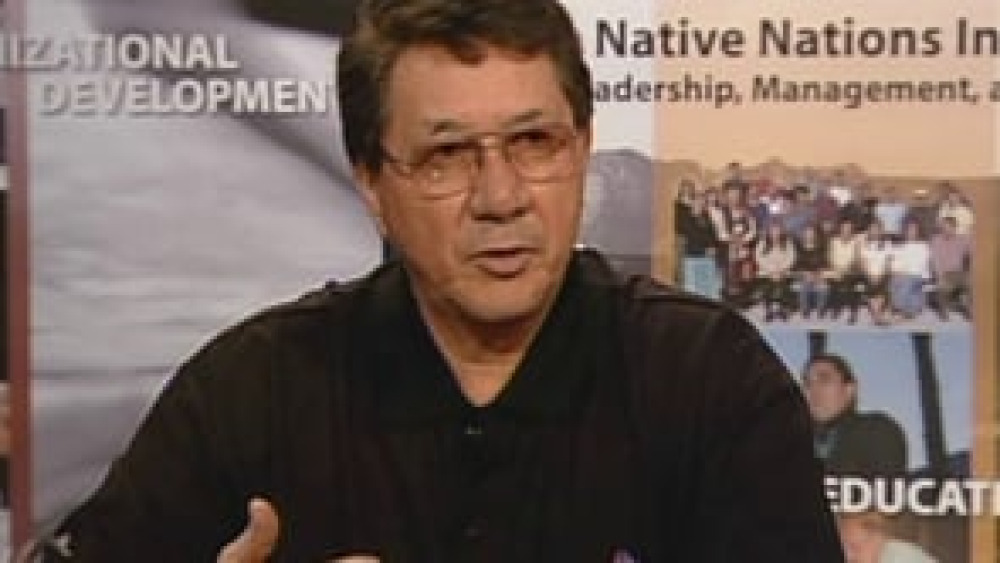
NNI Indigenous Leadership Fellow: Michael Kanentakeron Mitchell (Part 1)
Grand Chief Michael Mitchell of the Mohawk Council of Akwesasne provides an overview of the nation-building work his nation has engaged in over the past four decades, from its decision to move away from the Indian Act to its systematic development of capable governing institutions designed to…

The Rebuilding Native Nations: Strategies for Governance and Development course series
This short video provides a comprehensive overview of NNI's "Rebuilding Native Nations: Strategies for Governance and Development distance-learning course series. The curriculum examines the critical governance and development challenges facing Native nations and surveys the breadth and diversity…
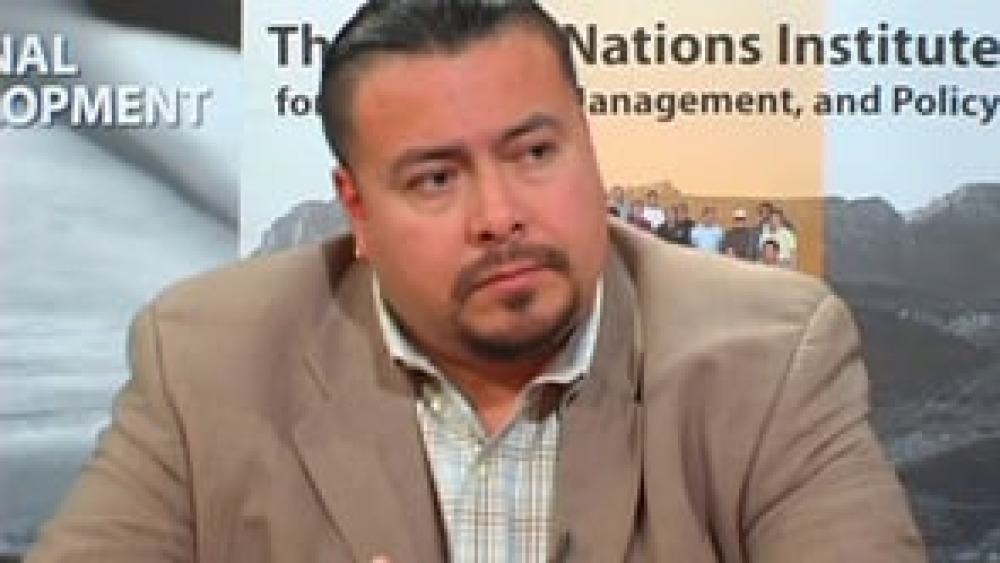
NNI Indigenous Leadership Fellow: Jamie Fullmer (Part 2)
Jamie Fullmer, former chairman of the Yavapai-Apache Nation, shares what he wished he knew before he first took office, and offers some advice to up-and-coming leaders on how to prepare to tackle their leadership roles. He also discusses what he sees as some keys to Native nations developing…
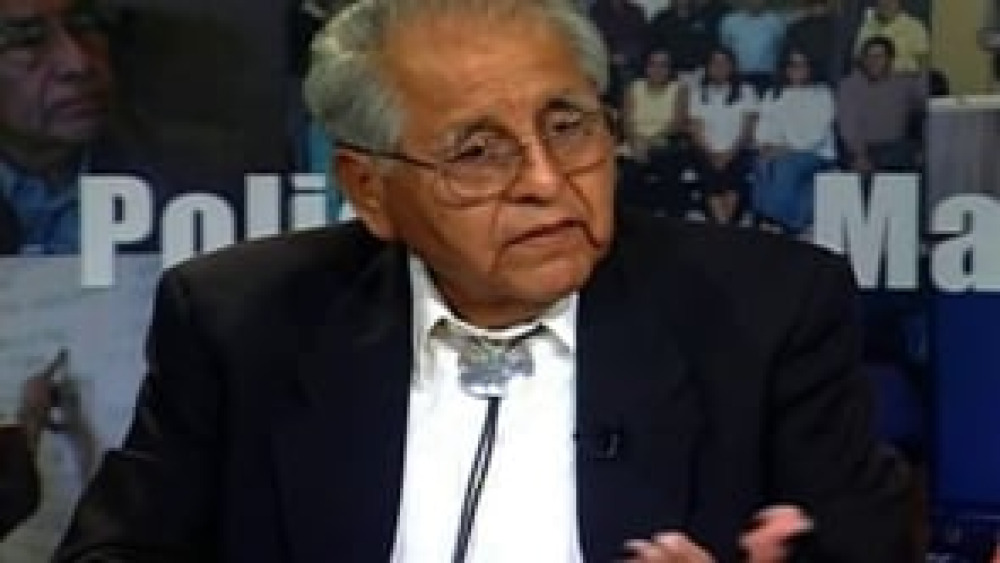
From the Rebuilding Native Nations Course Series: "The Role of Bureaucracies in Nation Building"
Native leaders discuss the critical role that bureaucracies play in Native nations' efforts to achieve their nation-building and community development priorities.
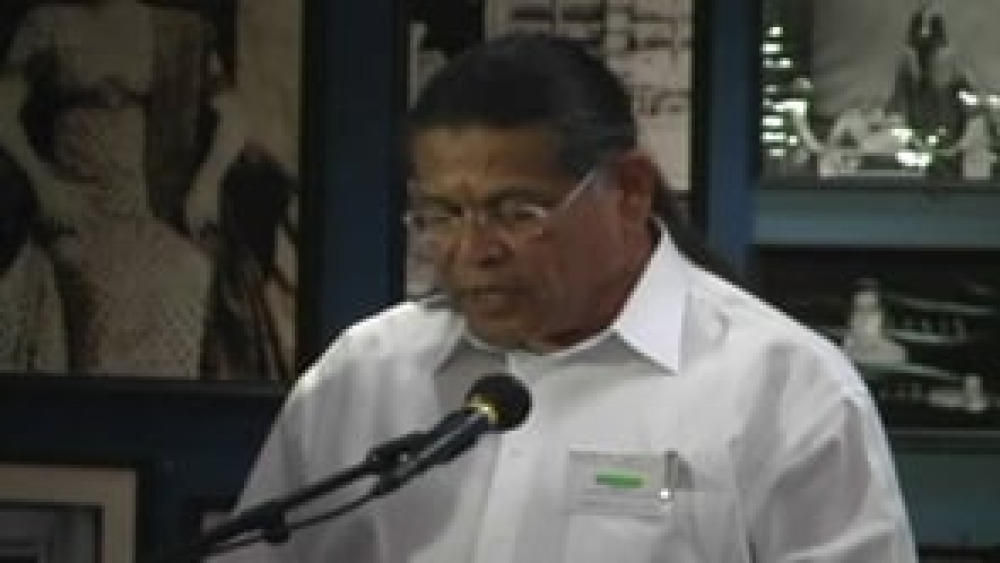
Honoring Nations: Anthony Pico: Building On the Success of Nation-Owned Enterprises
Anthony Pico, the longtime chairman of the Viejas Band of Kumeyaay Indians, discusses the larger purposes of economic development for Native nations, why it is important for nations leverage their gaming successes via the cultivation of other nation-owned enterprises and citizen-owned businesses,…
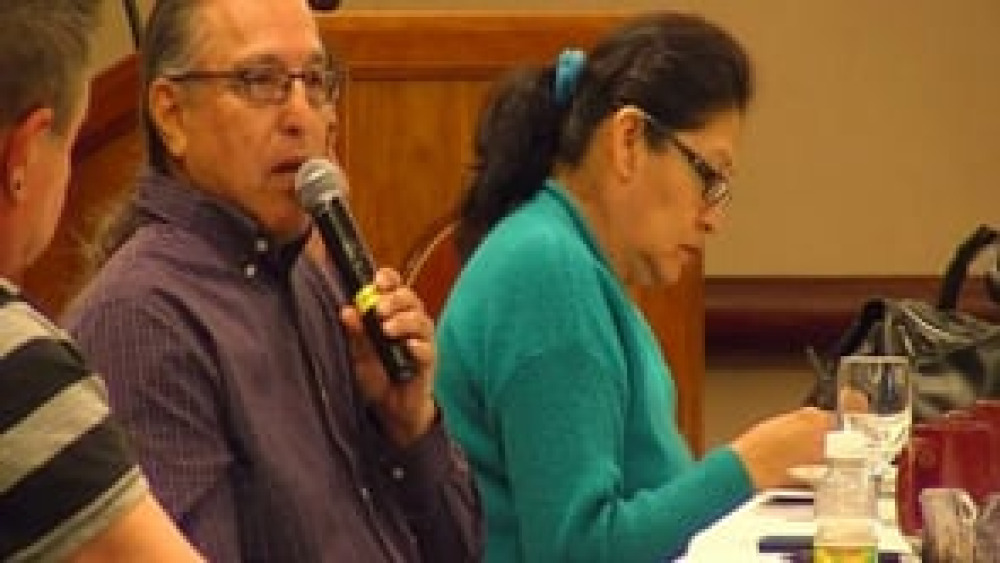
Jamie Fullmer, Rebecca Miles and Darrin Old Coyote: Our Leadership Experiences, Challenges, and Advice (Q&A)
Jamie Fullmer (former Chairman of the Yavapai-Apache Nation), Rebecca Miles (Executive Director and former Chairwoman of the Nez Perce Tribe) and Darrin Old Coyote (Chairman of the Crow Tribe) field questions from seminar participants about how they have negotiated the fundamental challenges of…
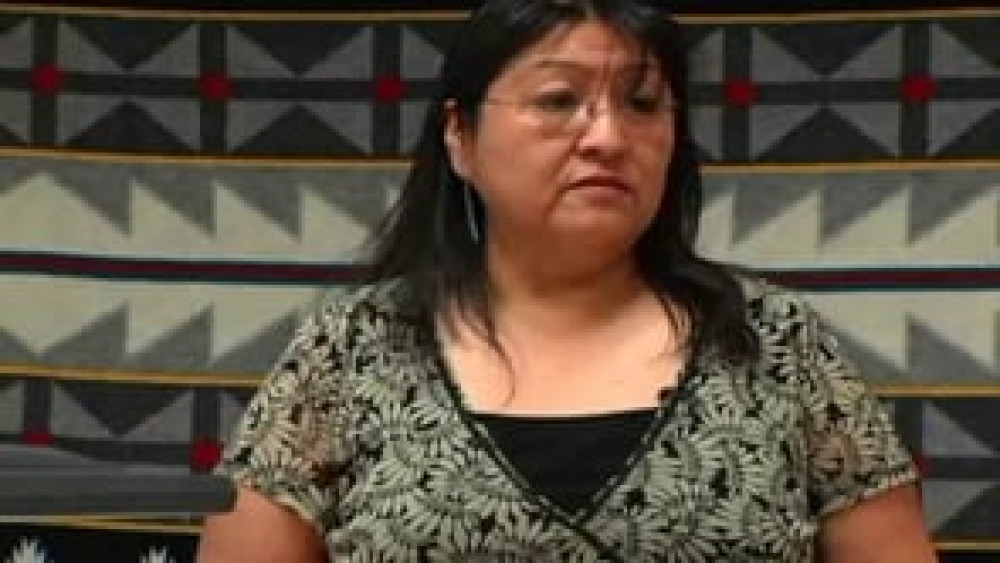
From the Rebuilding Native Nations Course Series: "Administrative Competence"
NNI Executive Director Joan Timeche discusses the need for Native nations to develop administrative competence through the cultivation, attraction and retention of qualified staff.

Honoring Nations: Miriam Jorgensen: Achieving Good Governance: Cross-Cutting Themes
Miriam Jorgensen, Director of Research for the Native Nations Institute and the Harvard Project on American Indian Economic Development, shares the cross-cutting themes of good governance that exist among the Honoring Nations award-winning programs.
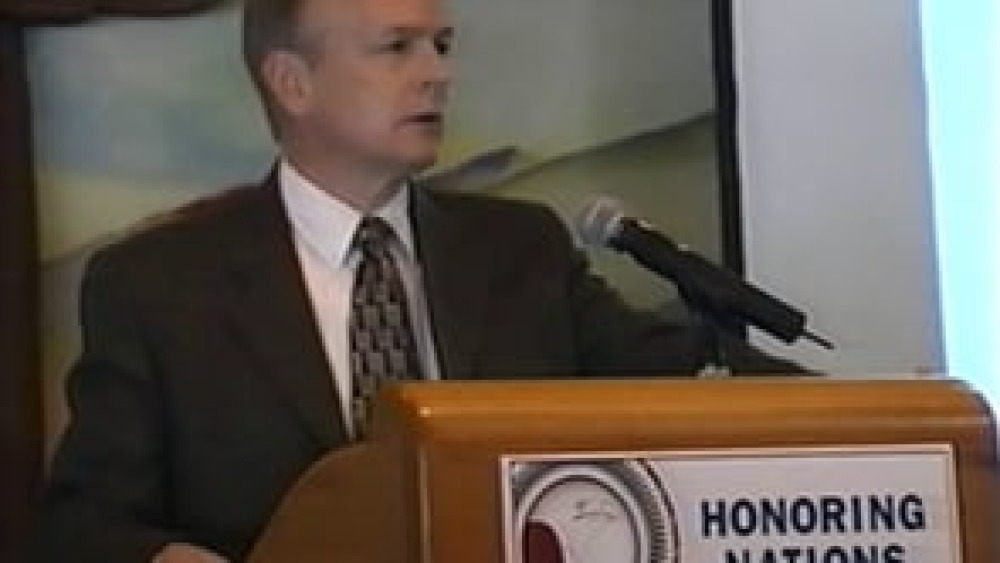
Honoring Nations: Stephen Cornell: Achieving Good Governance: Lessons from the Harvard Project & Honoring Nations
Co-director of the Harvard Project on American Indian Economic Development Stephen Cornell offers a review of how the Honoring Nations program evolved out of the nation-building movement and successes among Native nations.
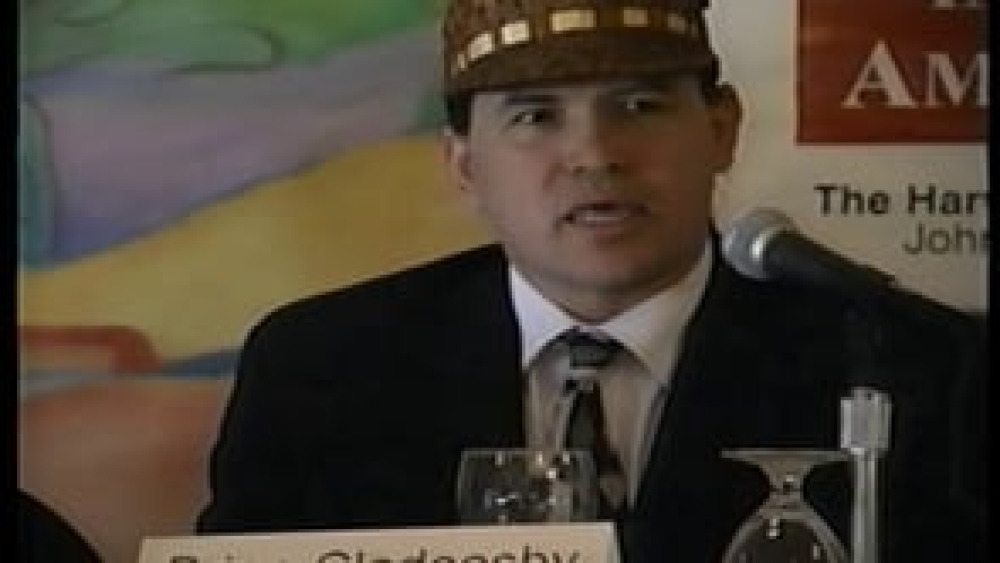
Honoring Nations: What is Good Tribal Governance and Why is it Important?: Tribal Leaders' Perspectives
Moderator Joseph P. Kalt facilitates a rich discussion by an impressive panel of Native nation leaders about the role leaders play in building and sustaining successful tribal programs.
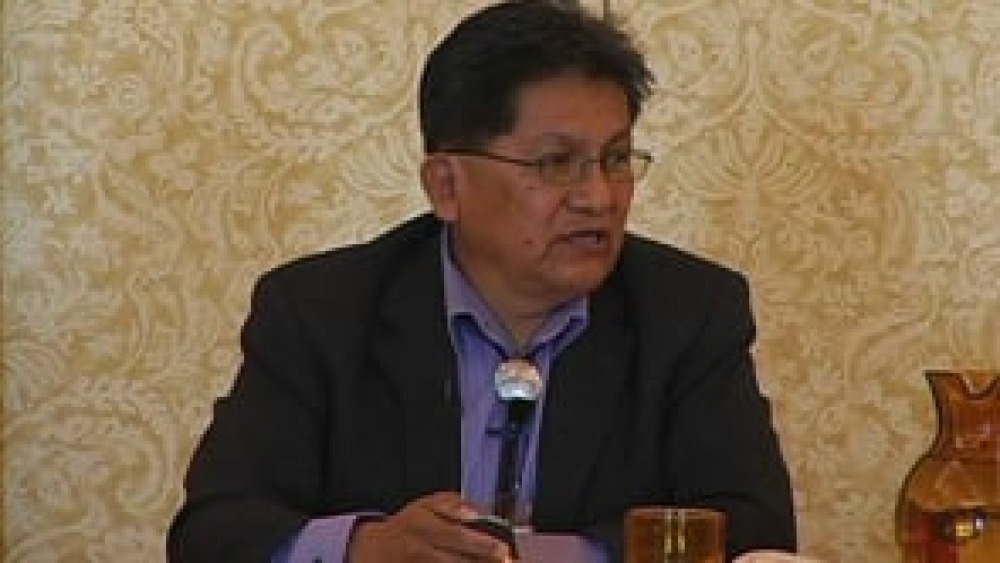
Ben Nuvamsa: What I Wish I Knew Before I Took Office
Former Chairman of the Hopi Tribe Ben Nuvamsa speaks about his tenure as the elected chief executive of his nation, and how the governance issues he and his nation have experienced in recent years offer important lessons to other Native nations.
